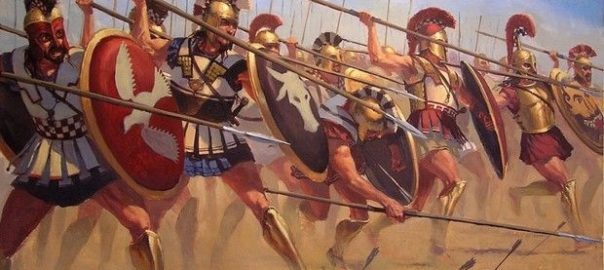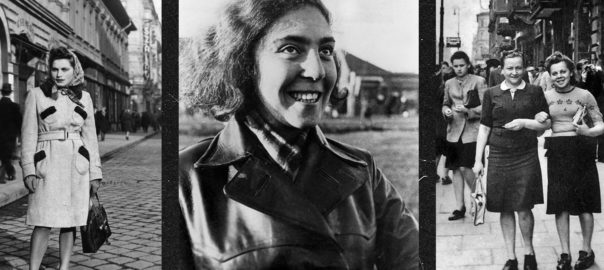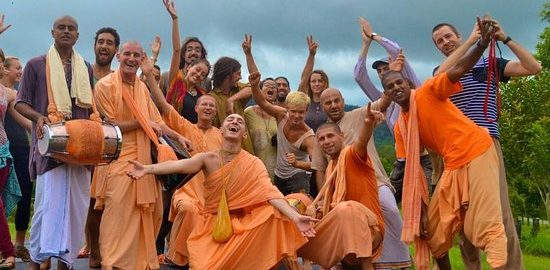Podcast: Play in new window | Download
Subscribe: Apple Podcasts | RSS
We talk with Cal Flyn about her book, Islands of Abandonment: Nature Rebounding in the Post-Human Landscape.
Then, just in time for Pride Month, James Romm tells us about his book The Sacred Band: Three Hundred Theban Lovers Fighting To Save Greek Freedom.
Writer’s Voice — in depth conversation with writers of all genres, on the air since 2004. If you subscribe to our podcast, give us some love on wherever you get your podcasts. It really helps others to find the show.
Like us on Facebook at Writers Voice Radio, on Instagram or on Twitter @WritersVoice. Continue reading













